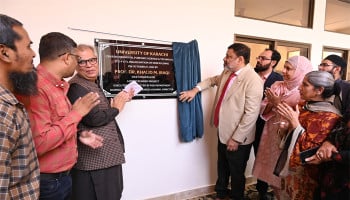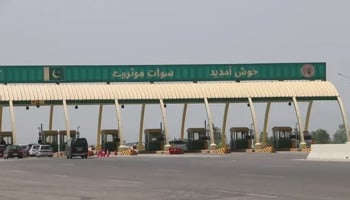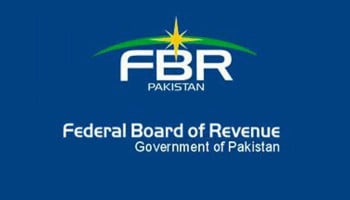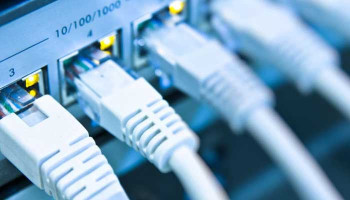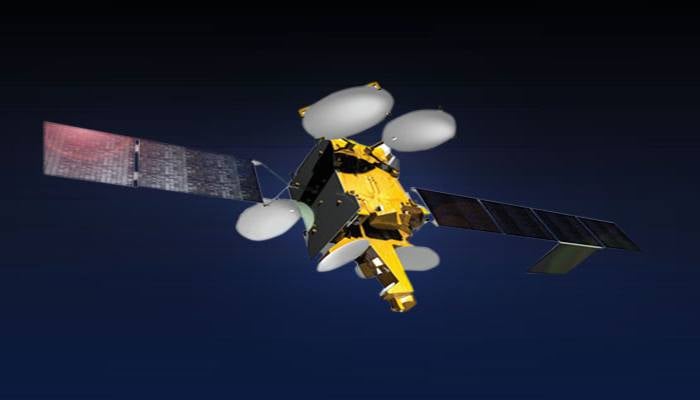
Following months of anticipation for Elon Musk's satellite internet service Starlink, Pakistan has finally launched its own high-speed internet and commercial satellite service, the PakSat-MM1.
The country's proprietary satellite internet service was inaugurated by Federal Minister for Planning, Development, and Special Initiatives Ahsan Iqbal, marking a crucial moment in Pakistan’s journey toward becoming a digitally connected and economically strong nation.
The commencement of Pakistan's own satellite internet network comes ahead of the country's preparation to send the first astronaut to space in 2026, marking a cornerstone of a new chapter in the nation’s scientific and technological journey.
At the PakSat-MM1 Satellite Internet Service event, the minister emphasised that mastering space technology is vital for progress.
Reflecting on the scientific aspects of Islamic teachings, he noted that the Holy Quran encourages exploration and harnessing of the universe, while lamenting that Pakistan has focused more on mastering mosques than on advancements in space.
He highlighted that the PakSat-MM1 service aligns with the "Uraan Pakistan" vision, aimed at achieving self-reliance and technological advancement.
Over the past two years, Pakistan has successfully launched four satellites, now enabling the country to provide its own internet services.
“We are laying the foundation of a connected Pakistan” through a blend of fibre optics, 5G, and commercial satellites, noted the minister.
The government’s E-Pakistan initiative is reportedly meant to connect youth throughout the nation to global opportunities, with the first priority being the link between every school and health centre to broadband.
The debut of Pakistan's homegrown satellite internet stands as a testament to the government’s commitment to ensuring high-speed internet access for all citizens, especially those in remote areas.







